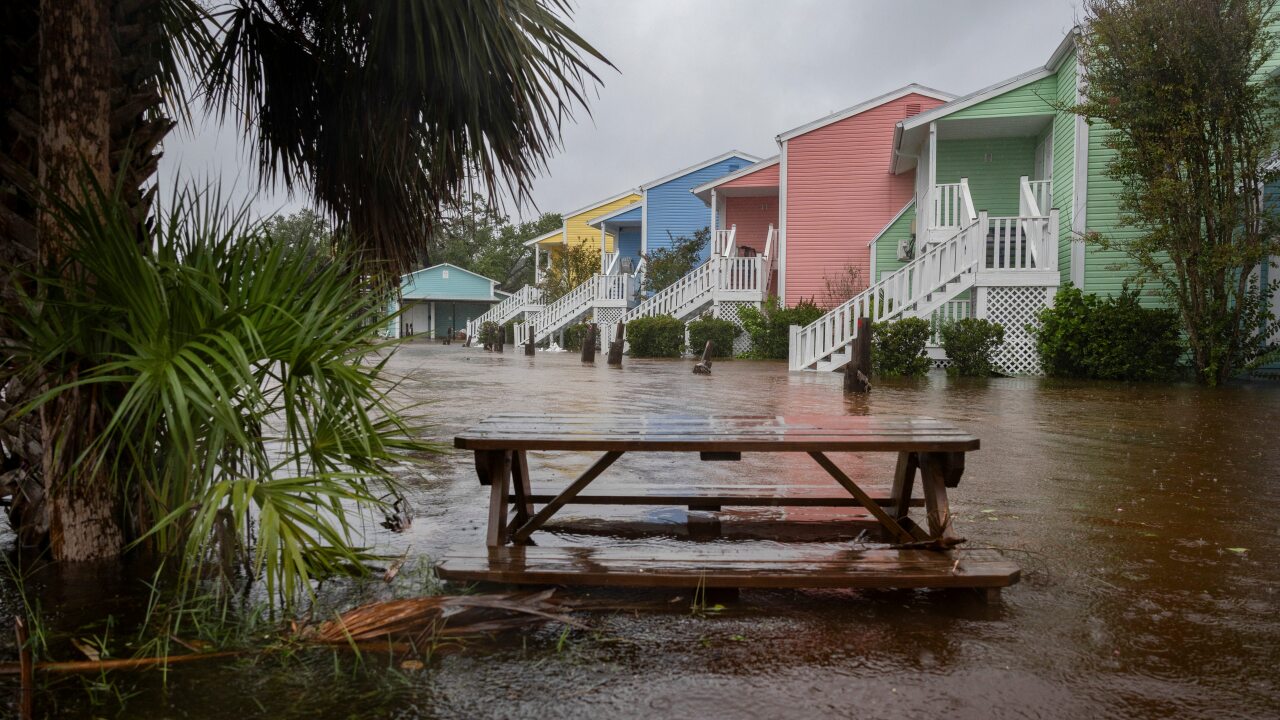As the partial government shutdown enters a second month, pressure is building on the Small Business Administration to find a way to address a growing backlog of applications.
Democrats on the Senate Small Business Committee released a letter late Tuesday calling on SBA Administrator Linda McMahon to develop a plan to speedily process borrowers' loan packages once the shutdown ends.
The letter's release came a day after Richard Hunt, president and CEO of the Consumer Bankers Association,
“We ask that you provide us with the steps you are taking to ensure that the SBA can quickly and equitably work through the growing backlog of applications,” the lawmakers, led by ranking member Sen. Ben Cardin, D-Md., wrote. “Please let us know if you require additional resources or authorities to meet the needs of these small businesses who are being adversely affected.”

Lawmakers and the CBA have added their voices to a growing list of parties who fear the first few months after the end of the shutdown could be challenging for the SBA. While it is hard to determine the size of the backlog, the SBA backed about $2 billion in 7(a) loans over a period comparable to the shutdown in the prior fiscal year.
“It’s going to take time to work through the backlog,” said Chris Hurn, CEO of Fountainhead Commercial Capital. “While that’s going on, it’s going to take a lot longer for deals to get approved.”
The SBA’s reputation will likely face criticism from borrowers who became accustomed to increasingly rapid turnarounds prior to the shutdown, Hurn added.
Still, Hurn says the SBA will likely bounce back, “since its terms are so much better than" conventional financing.
Some bankers agreed, though they note the importance of ending the impasse soon.
The shutdown's impact will “be something of a one-off,” said Guy Williams, president and CEO of Gulf Coast Bank & Trust in New Orleans. “Once it’s done, it’s done. It’s always been like that with shutdowns. I don’t see a long-term effect.”
Others are not so confident.
A drift away from the SBA “is ultimately what’s going to happen if the shutdown drags on,” said William Phelan, president and co-founder of PayNet, a Skokie, Ill., firm that rates small- business credit. “Loan terms aren’t all the equation. Speed and confidence are key drivers.”
Small businesses, which PayNet defines as companies with less than $1 million in debt, are less risky and more creditworthy now than they were before the financial crisis, which means more could qualify for non-SBA funding, Phelan said. About three out of four businesses that apply for an SBA loan could qualify for conventional credit, he said.
While small businesses have been blocked from accessing the approximately $117 million in capital that the SBA was approving daily before the shutdown, several significant SBA lenders were able to take measures that have softened its impact on them.
Gulf Coast Bank, as a preferred lender, is permitted to underwrite and approve loans on its own. It leveraged that status to stockpile the loan numbers, or PLPs, that preferred lenders need to approve credits. That has allowed the $1.7 billion-asset bank to continue closing loans, although its supply will likely run out within the next two weeks, Williams said.
Most banks that pursue SBA lending as a line of business appear to have followed the same strategy.
The $12.6 billion-asset United Community Banks reported Wednesday that its SBA loan sales during the fourth quarter rose by nearly 5% from a year earlier, to $35.1 million.
A continued decline in premiums meant the Blairsville, Ga., company's gain on the sale of those loans actually fell, which prompted it
The $1 billion-asset Seacoast Commerce Banc Holdings, which
Richard Sanborn, the San Diego company's president and CEO, declined to comment.
BBVA Compass in Birmingham, Ala., is considering interim funding requests from its small business customers on a case-by-case basis, said Greg Clarkson, a spokesman for the $90 billion-asset company.
Banks, credit unions and other lenders that lack preferred status will likely have to contend with a backlog and long wait times, industry observers said. But some workarounds exist.
Fountainhead Commercial, which focuses on 504 loans, didn’t have the luxury of building a surplus of PLP numbers, which are used in the more popular 7(a) lending program. To keep business flowing, Hurn agreed to make temporary bridge loans for a number of deals, including some originated by other 504 lenders.
The bridge loans Fountainhead is making take the place of the second-lien funding that certified development companies typically provide. While CDCs have been sidelined by the shutdown — they can’t lend without SBA approval — primary 504 lenders have the option of stepping in.
“A lot of banks and credit unions are going to say, ‘We don’t know how long this situation is going to last or how bad the backlog is going to be,’ ” Hurn said. “I’m not regulated in that regard, so I can be a hero to some of these businesses.”
Fountainhead has closed two bridge loans and is close to finalizing a third originated by a large bank, Hurn said.
“I’ve been doing 504 loans my entire career, so I’m very comfortable making these loans,” he said. “It’s a little bit of a stretch. We’re in a gray area.”
While some lenders improvise, more industry trade groups are pressing for a resolution.
The American Bankers Association
Lender and borrower anxiety appear to have spurred another government agency to temporarily reopen.
The Department of Agriculture brought back about 2,500 Farm Service Agency employees for three days last week to perform limited services for farmers and ranchers. Staff assisted agricultural producers with existing farm loans.
FSA employees worked to provide borrowers with 1099 forms ahead of Internal Revenue Service deadlines. Staff also processed payments made on or before Dec. 31, continued expiring financing statements and opened mail to identify priority items.





